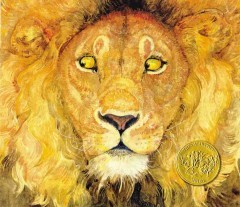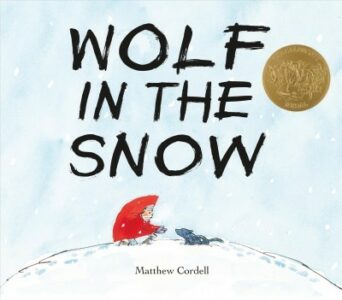If you are a fan of recent children’s books, you no doubt have heard (or even read) the book entitled The Book With No Pictures by B.J. Novak. It is hilarious and unusual to be a “picture book” with no pictures. Did you know that there are also picture books that have no words? A picture book with no words you say, what’s the point? So glad you asked!
Wordless picture books are perhaps the most accessible books to readers of all ages and languages. These books can give a child confidence and independence as anyone can “read” them. When a child becomes an active participant in the telling of the story, their verbal skills are extended. This applies to the adult who is sharing the book as well. A study from the Utah State University found that mothers used more advanced language when “reading” wordless picture books with their children than when reading books with words. Picture books without words are a useful tool to develop comprehension skills and an overall understanding of story structure and plot. A child can infer what is happening in the story using only the illustrations and their imagination as guides.
So how does one go about “reading” a book with no words? What follows in a guide to approaching wordless picture books with children. It is not exhaustive and feel free to change it up to suit you. Start with a “picture walk.” Notice the cover, then allow your child to leaf through the book and discuss it, perhaps making predictions about the story before actually “telling” it. Encourage your young reader to describe what they see and don’t hesitate to point things out. Pointing and labelling helps children learn the meaning of new words. When ready, have the child tell the story using “story language.” You may wish to begin with “once upon a time…” Use words like “next” and “then” to move the narrative along. If your reader is reluctant to try this, model how it is done first. Don’t forget the play aspect of this activity! Do all the voices! Once you’ve told the story one way, try another – perhaps from the perspective of a different character.
Ready to give it a try? Here’s a list of wordless picture books available from the Rossland library:
Journey by Aaron Becker
Flashlight by Lizi Boyd
Wolf in the Snow by Matthew Cordell
Good Dog Carl by Alexandra Day (also Follow Carl!, Carl’s Sleepy Afternoon, Carl’s Christmas, and Carl’s Summer Vacation)
Sidewalk Flowers by Jon Arno Lawson
Waltz of the Snowflakes by Elly Mackay
The Lion and the Mouse by Jerry Pinkney
Time Flies by Eric Rohmann
Where’s Walrus by Stephen Savage
Noah’s Ark by Peter Spier
Have You Seen My Duckling? By Nancy Tafuri (also Goodnight, my duckling)
Mr. Wuffles by David Wiesner (also Sector 7 and Tuesday)




